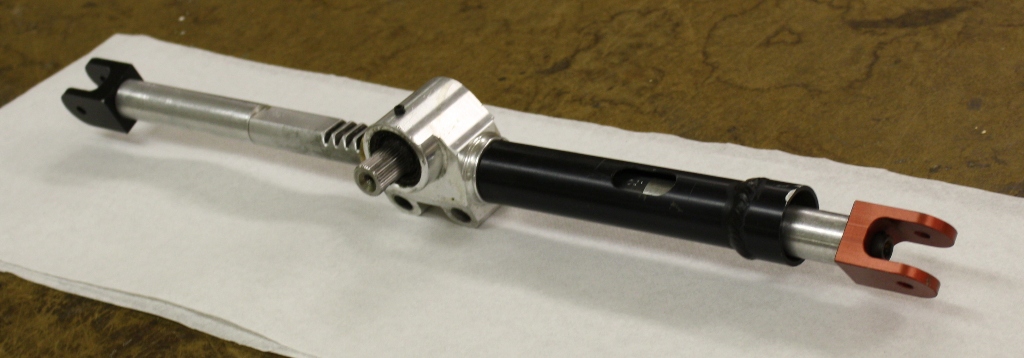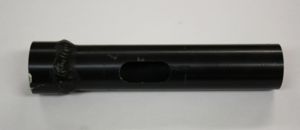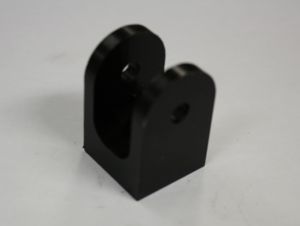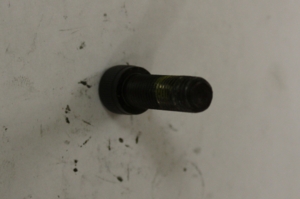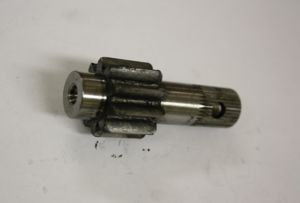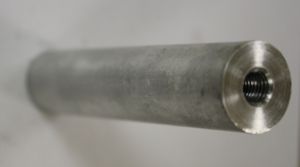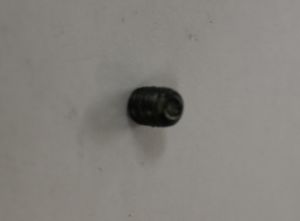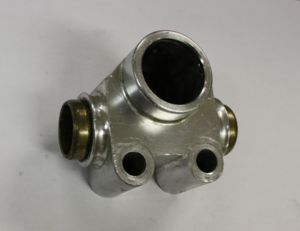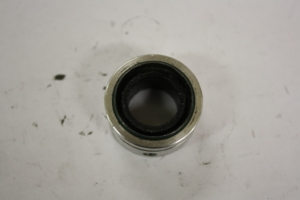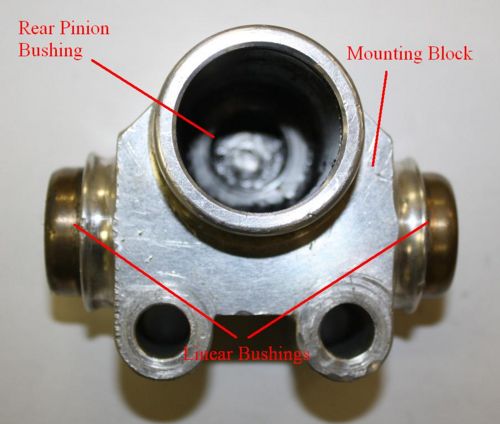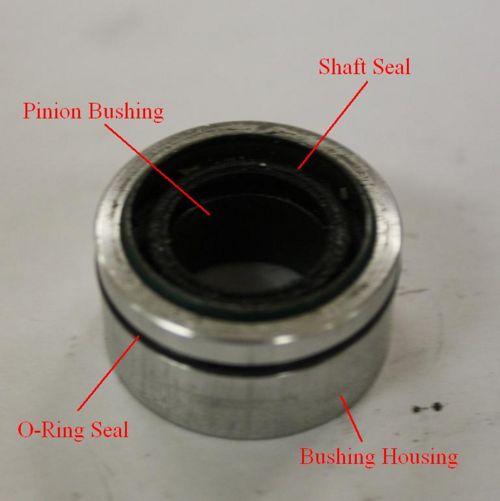Steering rack
From DDL Wiki
(Standard Purchase insert 1 in bill of materials) |
|||
| Line 4: | Line 4: | ||
| - | The steering rack produces linear motion from an applied torque to the pinion. The teeth on the pinion engage those on the rack which translates linearly between two bushings. The rack has extensions and clevises to reach the tie rods on the | + | The steering rack produces linear motion from an applied torque to the pinion. The teeth on the pinion engage those on the rack which translates linearly between two bushings. The rack has extensions and clevises to reach the tie rods on the chassis which in turn rotate the wheel, thus steering the car. The pinion is designed to attached to a steering wheel so that the driver need not grip and turn the pinion directly, as they would be able to produce little torque. |
Revision as of 19:03, 20 September 2009
Functionality
The steering rack produces linear motion from an applied torque to the pinion. The teeth on the pinion engage those on the rack which translates linearly between two bushings. The rack has extensions and clevises to reach the tie rods on the chassis which in turn rotate the wheel, thus steering the car. The pinion is designed to attached to a steering wheel so that the driver need not grip and turn the pinion directly, as they would be able to produce little torque.
Bill Of Materials
Figure 1: Steering Rack Sub Assembly
This assembly was originally a stock Prowerks Aluminum Steering Rack altered by Carnegie Mellon's Formula Society of Automotive Engineers to better fit an FSAE race car. We then disassembled their altered steering rack into its individual components and sub-assembilies. The components, and some basic information about each one, are listed below.
` *Sub-Assembilies were not deconstructed further. It was decided that doing so would result in the destruction of some components with little or no knowledge gained.
Figure 1: Retaining Block sub-assembly with components labeled.
Figure 2: Pinion Bushing sub-assembly with components labeled.

